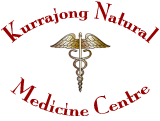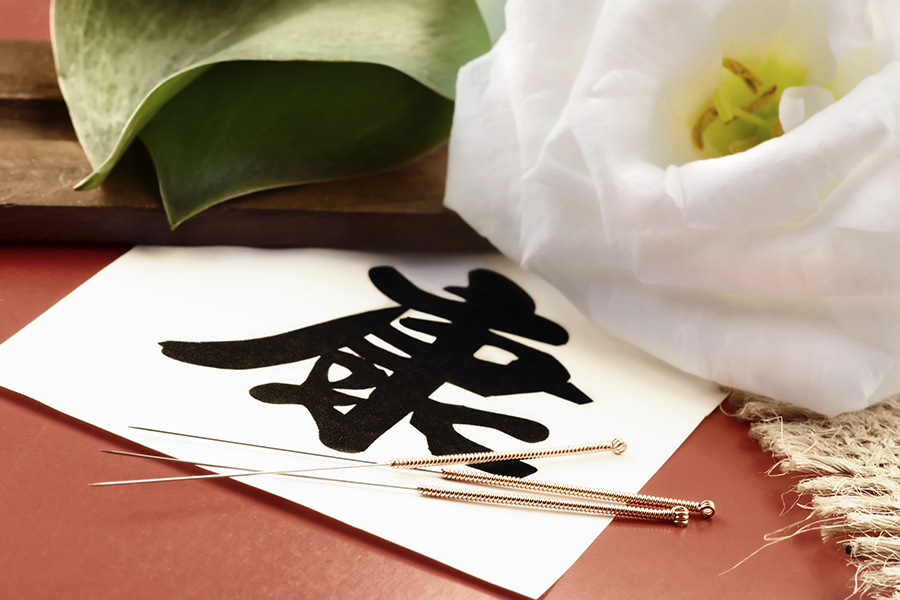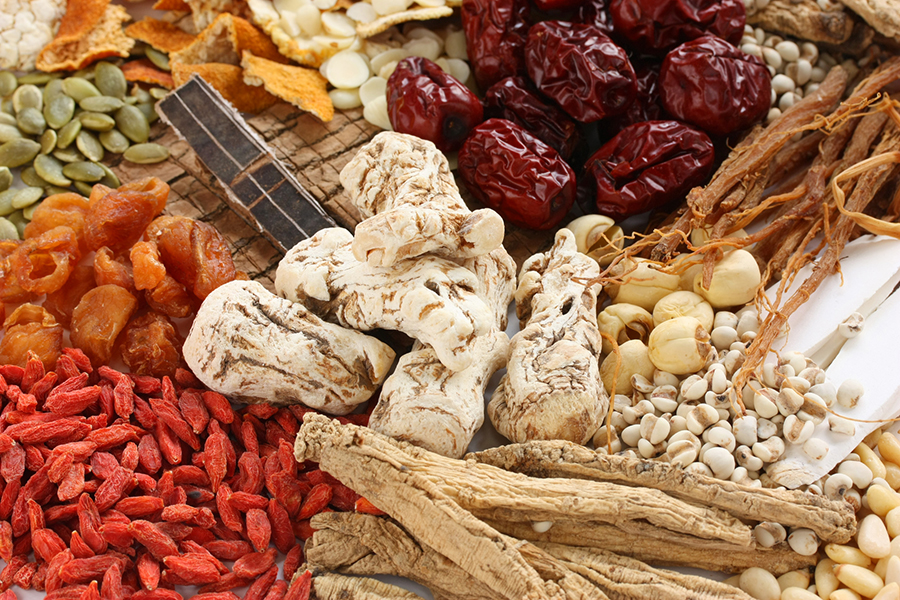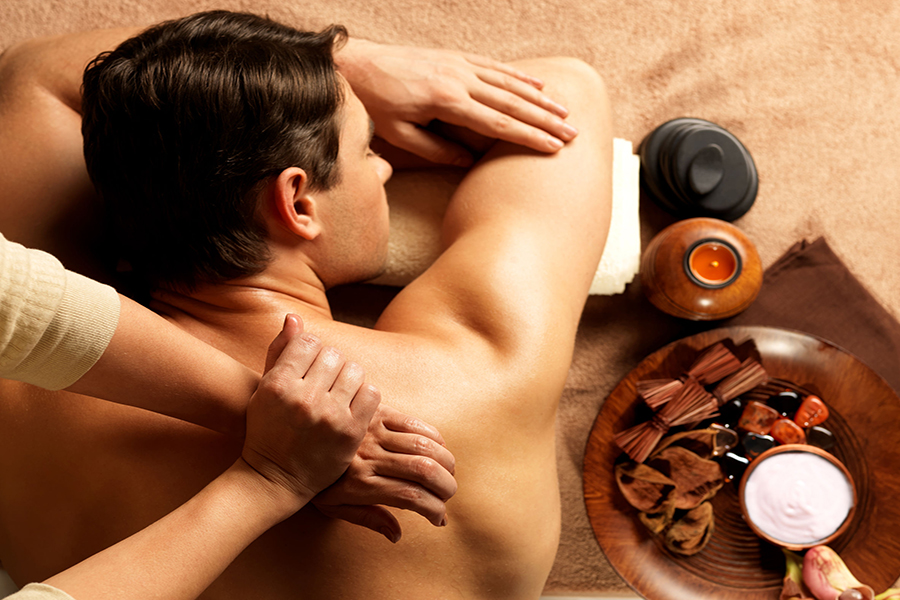An Introduction to Traditional Chinese Medicine
by Dr Danny T Siegenthaler
MSc. (TCM), BSc (hons), DTCM., DAc. (Aust/China)
Acupuncture and Chinese herbal medicine are part of a larger healing system called Traditional Chinese Medicine (TCM). This system of medicine includes Chinese herbal medicine, acupuncture, massage (Tui Na), dietary advice and exercise (Tai Chi). TCM is a popular method of treatment, with nearly three million Australians visiting TCM practitioners every year.
The underlying principles of TCM are very different from traditional Western notions about health, illness and the workings of the body. Chinese herbs and/or Acupuncture treatments are prescribed to normalise imbalanced energy, or Qi (pronounced 'chee'), that runs through invisible channels in the body. Whether or not the philosophy is believed, studies have shown both Acupuncture and Chinese herbal medicines to be successful in treating a wide range of disorders, ranging from minor ailments to chronic diseases. (For a detailed list of studies into the effectiveness of Acupuncture please visit: https://www.acupuncture.org.au/wp-content/uploads/2017/04/The-Acupuncture-Evidence-Project_Mcdonald-and-Janz_-Revised-Edition_21-Feb_For-publication.pdf)
Yin and Yang
The ancient Chinese proposed that every living thing is sustained by a balance of two opposing forces of energy, called Yin and Yang. Together, they make up the life essence, or Qi - a type of energy that flows through the body via invisible channels called meridians. Some of the body's organs and meridians are governed by Yin and the other half by Yang. When Yin and Yang are out of balance in the body, this causes a blockage of Qi and a subsequently leads to illness. Yin and Yang imbalances can be caused by stress, pollution, poor diet, emotional upsets or infection. For diagnostic purposes, Yin and Yang are further subdivided into interior and exterior, hot and cold, deficiency and excess.
The five elements
The TCM philosophy proposes that everything including organs of the body is composed of the five elements: fire, earth, metal, water and wood. The herbs are similarly classified into the five tastes - sweet, salty, bitter, pungent and sour - which correspond to the five elements, for example, since the skin is associated the the Metal element and is considered a Yang organ, it would be treated with pungent herbs.
Herbs
Chinese herbal medicines are mainly plant based, but some preparations include minerals or animal products. They can be packaged as powders, pastes, lotions or tablets, depending on the herb and its intended use. Different herbs have different properties and can balance particular parts of the body. Prescribing a particular herb or concoction of herbs means the practitioner's diagnosis has to take into account the state of the patient's Yin and Yang, and the elements that are governing the affected organs.
Acupuncture
Acupuncture is probably the most widely known aspect of traditional Chinese medicine, particularly in western countries. Acupuncture uses energy points on the body that are located and associated with particular channels (lines of measurable energy that connect organs and various parts of the body together). There are 12 major channels and each of these channels has a greater or lesser number of points associated with it.
Depending on the patient's presenting condition, the practitioner using Acupuncture would choose points in accordance to the Yin/Yang and 5-element theories to re-establish balance.
Acupuncture is a very powerful and effective method of treatment and in China it is frequently used as an alternative to anaesthesiology during surgery, allowing the surgeon to communicate with the patient, but the patient not being able to feel any pain.
Additional treatment and advice
Your practitioner might advise you to make specific changes in your diet, such as avoiding spicy foods or alcohol. Foods are believed to either 'heat' or 'cool' the constitution, making dietary changes an important part of the healing process. Acupuncture might also be used to treat disrupted Qi and other problems.
Special considerations
Chinese herbs can act on the body as powerfully as pharmaceutical drugs and should be treated with the same caution and respect. Some herbs can be toxic in high doses; others can cause allergic reactions. Make sure your practitioner is fully qualified. Never abandon your regular medication or alter the dose without the knowledge and approval of your doctor.
Where to get help
- Traditional Chinese Medicine practitioner. You can locate qualified practitioners via the home page of Australia's largest natural therapies association: The Australian Traditional Medicine Society (ATMS). Their web site is www.atms.com.au
- To make an appointment at Kurrajong Natural Medicine Centre, please call (02) 4573 0784
Things to remember
- Chinese herbal medicine is part of a larger healing system called Traditional Chinese Medicine.
- Herbs and/or Acupuncture are prescribed to restore energy balance to the opposing forces of energy - Yin and Yang - that run through invisible channels in the body.
- Herbs can act on the body as powerfully as pharmaceutical drugs and should be treated with the same caution and respect.



